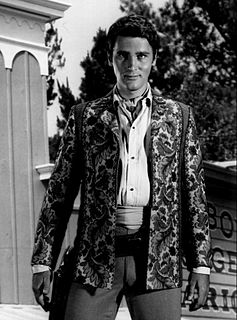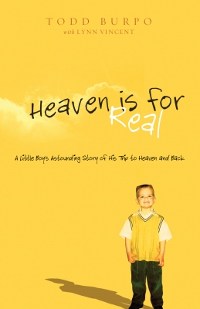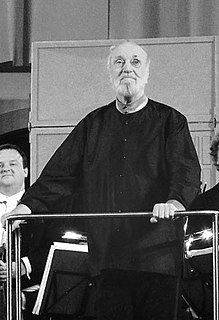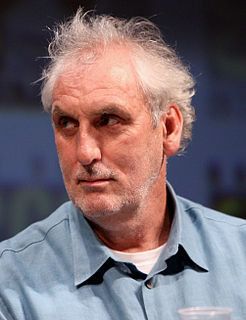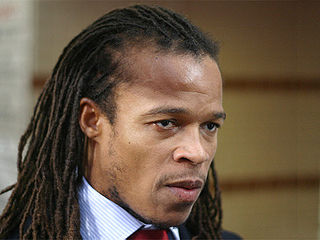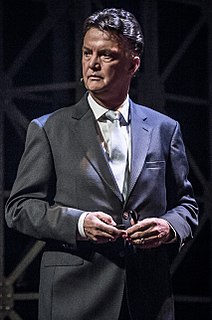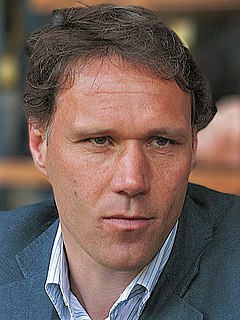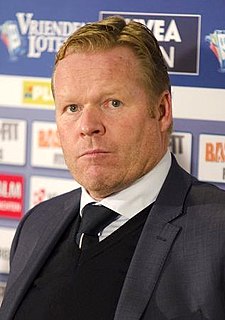A Quote by Robert Wolders
I felt she had two unhappy marriages, it was wonderful the way it was. When Audrey would be asked, she'd also say, 'Why mess with a good thing?' I remember her saying to one interviewer it's more romantic this way because it's not another piece of paper, but out of loyalty to each other that binds us together.
Related Quotes
Marriage can be whatever you define it as. For example, I don't feel like I need a piece of paper that says I own her and she owns me. I think signing a piece of paper doesn't mean anything in the eyes of God or in the eyes of people. The thing is, if you are together and you love each other and are good to each other, make babies and all that, for all intents and purposes you are married.
Shane, in case we don’t … don’t come out of this, I wanted to say…” He glanced over at her, and she felt her whole body warm from it. She remembered that look. It made her feel naked inside and out, but not in a creepy kind of way. In a way that felt…. Free. “If what you say is true, and I guess it has to be, I think I know why we’re … together,” he said. “I think I’d fall for you no matter what, Claire. You’re kind of awesome.
She didn’t understand why it was happening,” he said. “I had to tell her she would die. Her social worker said I had to tell her. I had to tell her she would die, so I told her she was going to heaven. She asked if I would be there, and I said that I would not, not yet. But eventually, she said, and I promised that yes, of course, very soon. And I told her that in the meantime we had great family up there that would take care of her. And she asked me when I would be there, and I told her soon. Twenty-two years ago.
A lot of people say that Eleanor Roosevelt wasn't a good mother. And there are two pieces to that story. One is, when they were very young, she was not a good mother. She was an unhappy mother. She was an unhappy wife. She had never known what it was to be a good mother. She didn't have a good mother of her own. And so there's a kind of parenting that doesn't happen.
At that moment a very good thing was happening to her. Four good things had happened to her, in fact, since she came to Misselthwaite Manor. She had felt as if she had understood a robin and that he had understood her; she had run in the wind until her blood had grown warm; she had been healthily hungry for the first time in her life; and she had found out what it was to be sorry for someone.
I love Elizabeth Taylor. I'm inspired by her bravery. She has been through so much and she is a survivor. That lady has been through a lot and she's walked out of it on two feet. I identify with her very strongly because of our experiences as child stars. When we first started talking on the phone, she told me she felt as if she had known me for years. I felt the same way.
A friend of ours, the wife of a pastor at a church in Colorado, had once told me about something her daughter, Hannah, said when she was three years old. After the morning service was over one Sunday, Hannah tugged on her mom's skirt and asked. "Mommy, why do some people in church have lights over their heads and some don't?" At the time, I remember thinking two things: First, I would've knelt down and asked Hannah, "Did I have a light over my head? Please say yes!" I also wondered what Hannah had seen, and whether she had seen it because, like my son, she had a childlike faith.
"She (Minnie Ruth Solomon) was unusual because even though I knew her family was as poor as ours, nothing she said or did seemed touched by that. Or by prejudice. Or by anything the world said or did. It was as if she had something inside her that somehow made all that not count. I fell in love with her some the first time we ever talked, and a little bit more every time after that until I thought I couldn't love her more than I did. And when I felt that way, I asked her to marry me . . . and she said she would."
...she could express her soul with that voice, whenver I listened to her I felt my life meant more than mere biology...she could really hear, she understood structure and she could analyze exactly what it was about a piece of music that had to be rendered just so...she was a very emotional person, Annette. She brought that out in other people. After she died I don't think I ever really felt anything again.
Because of course she had known she must go. She always did the thing because in obedience lay the integrity that God asked of her. If anyone had asked her what she meant by integrity she would not have been able to tell them but she had seen it once like a picture in her mind, a root going down into the earth and drinking deeply there. No one was really alive without that root.
I didn’t get her cutting at all. She’d done it sporadically, ever since the accident and it scared me each time. She'd try to explain it to me, how she didn't want to die—she just needed to get it out somehow. She felt so much emotionally, she would say, that a physical outlet—physical pain—was the only way to make the internal pain go away. It was the only way she could control it.
It was like they waited to tell each other things that had never been told before. What she had to say was terrible and afraid. But what he would tell her was so true that it would make everything all right. Maybe it was a thing that could not be spoken with words or writing. Maybe he would have to let her understand this in a different way. That was the feeling she had with him.
